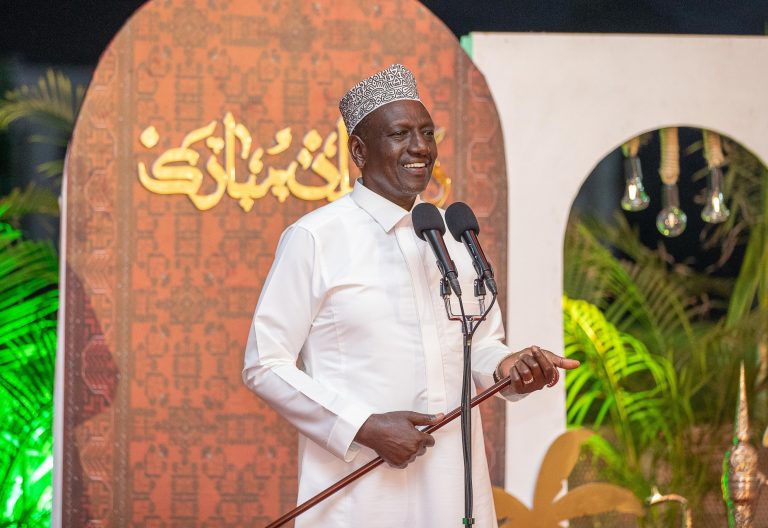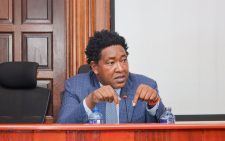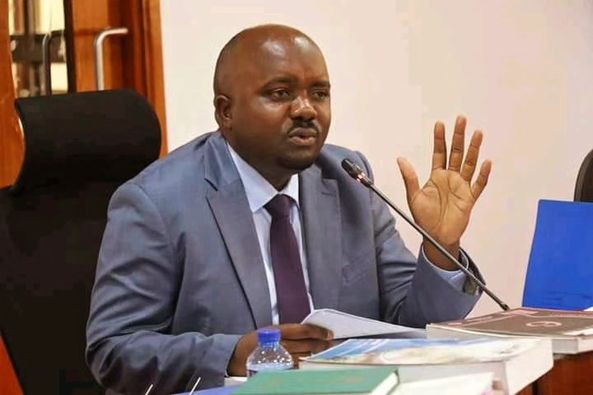Ruto should quit using public cash to politick

Since taking office, President William Ruto has perfected the culture of criss-crossing Kenya, claiming he is inspecting the progress of national government development projects and engaging with local communities.
These regional excursions, often billed as “inspections of development projects”, appear more like political campaigns than genuine efforts to advance national infrastructure or progress.
However, the sheer scale of these tours – often involving extensive logistical support, large entourages, massive mobilisation of the people to attend, and security personnel – raises serious questions about their actual purpose.
While it’s reasonable for the President to visit areas where development projects are underway, the idea that these tours are somehow advancing the national development agenda is increasingly hard to justify.
Claims that the government is using millions of shillings to pay members of the public attending the President’s rallies camouflaged as inspection of development projects and meet-the-people tours rubs salt into the wound.
At many of these “development inspections”, President Ruto’s rhetoric often leans heavily into political messaging, rather than focusing on actual project outcomes or the real issues at hand.
Many are the instances where the President and his allies have used the so-called development tours to ridicule and criticise their opponents, telling them how they would defeat them hands down in the next General Election.
By framing these visits as efforts to check on development, the Kenya Kwanza honchos seem to be using taxpayer money to shore up their political base in readiness for the 2027 elections, all under the guise of public service.
In fact, it is hard to ignore the timing of some of these tours – they concentrate in areas where support for the government is weak, suggesting that the purpose is less about the inspection of tangible progress and more about consolidating political influence.
This practice not only wastes public resources but also erodes the trust of Kenyans in their government’s priorities.
The cost of these “campaign tours” often involves the deployment of thousands of security personnel, transport and mobilisation logistics and vast sums of public money – resources that could be far better utilised to address more pressing issues such as improving healthcare and education or funding job creation initiatives.















